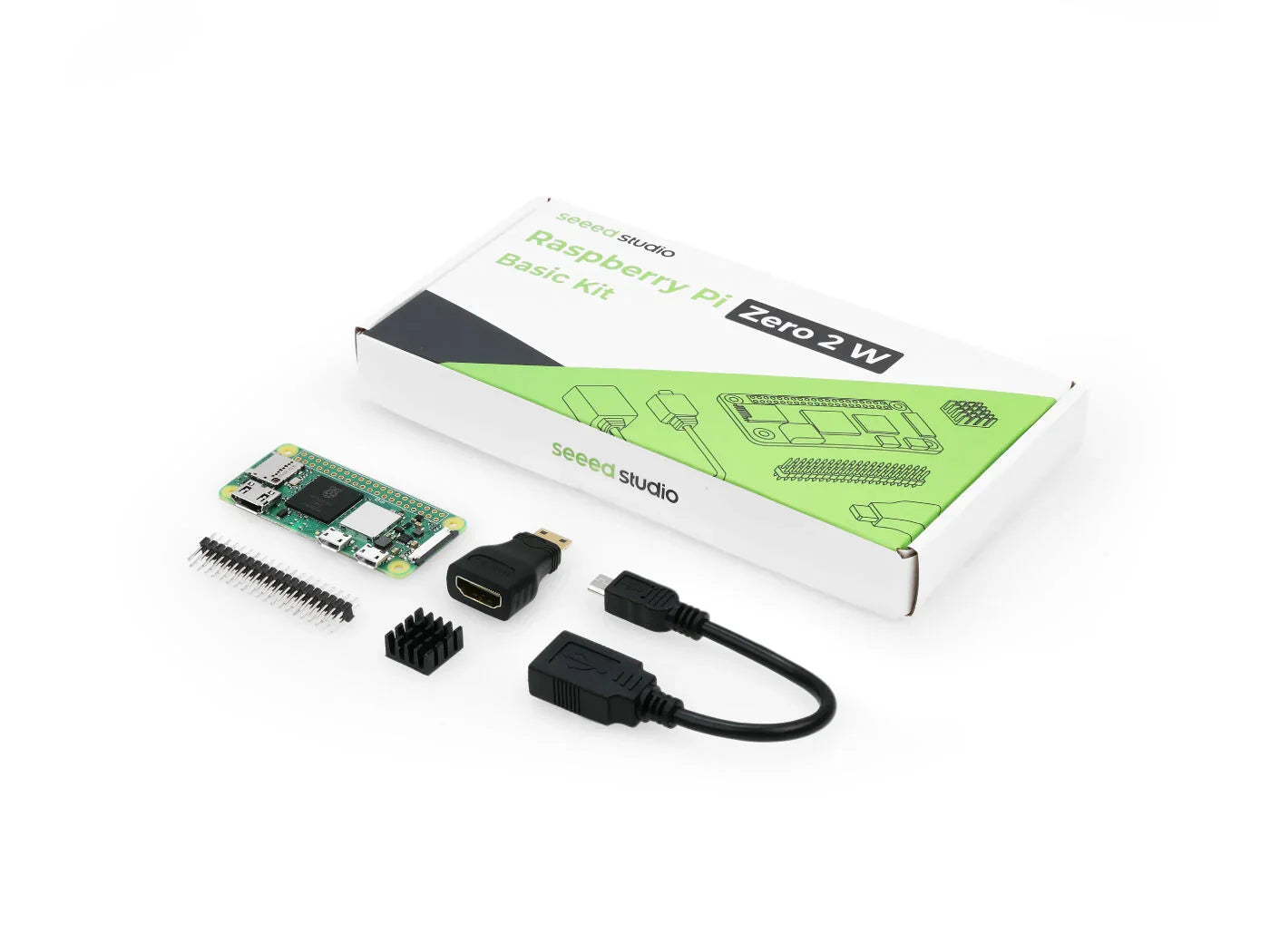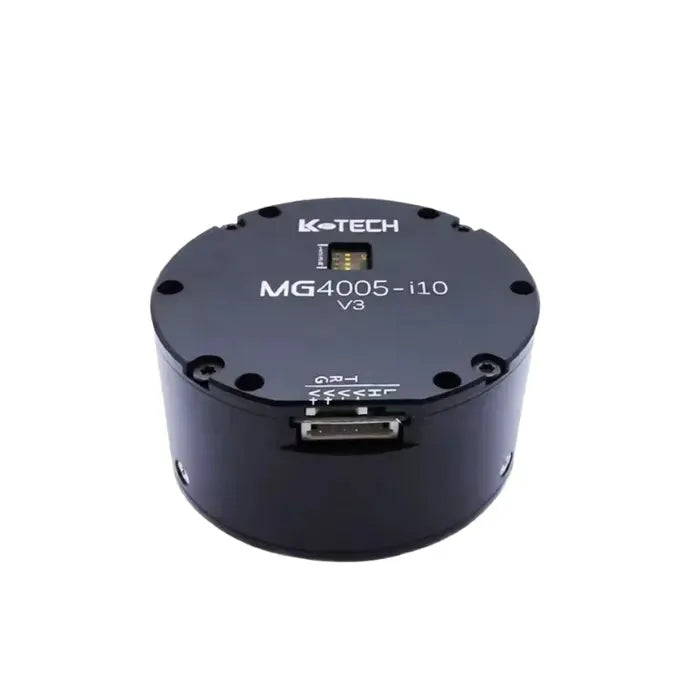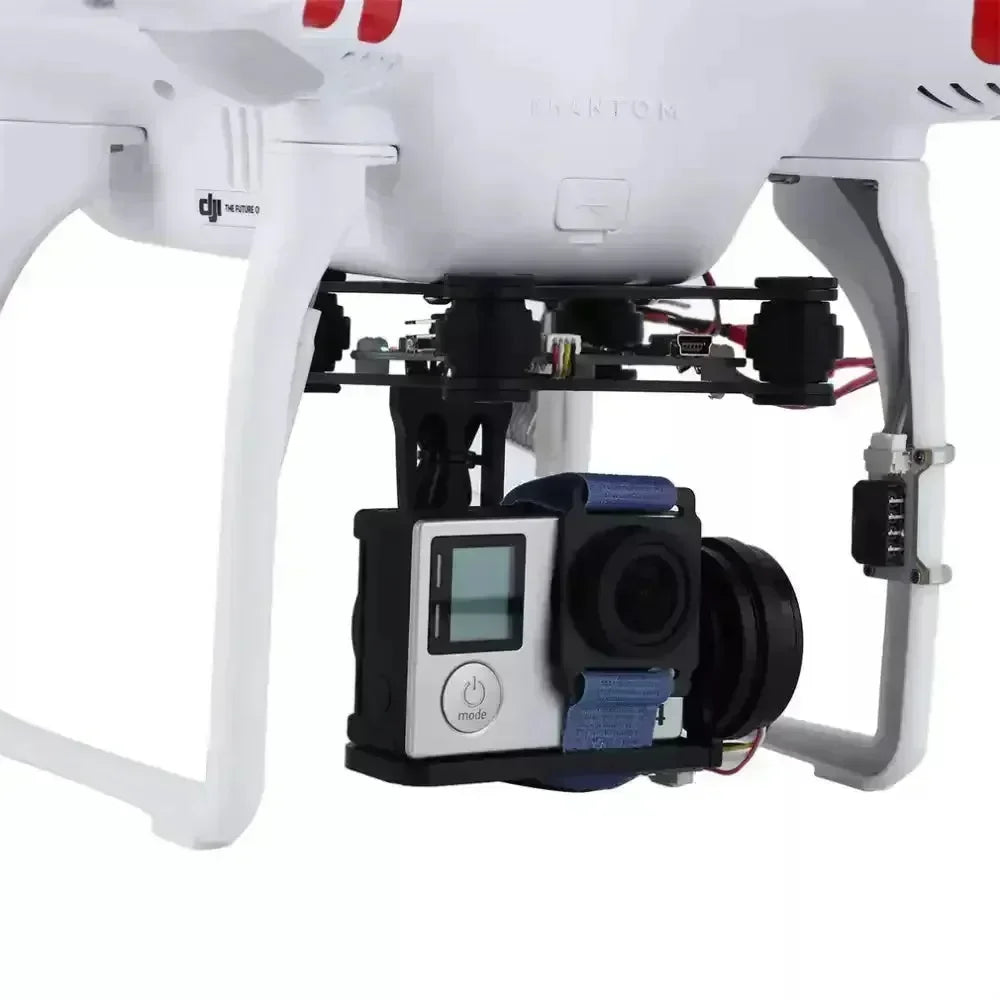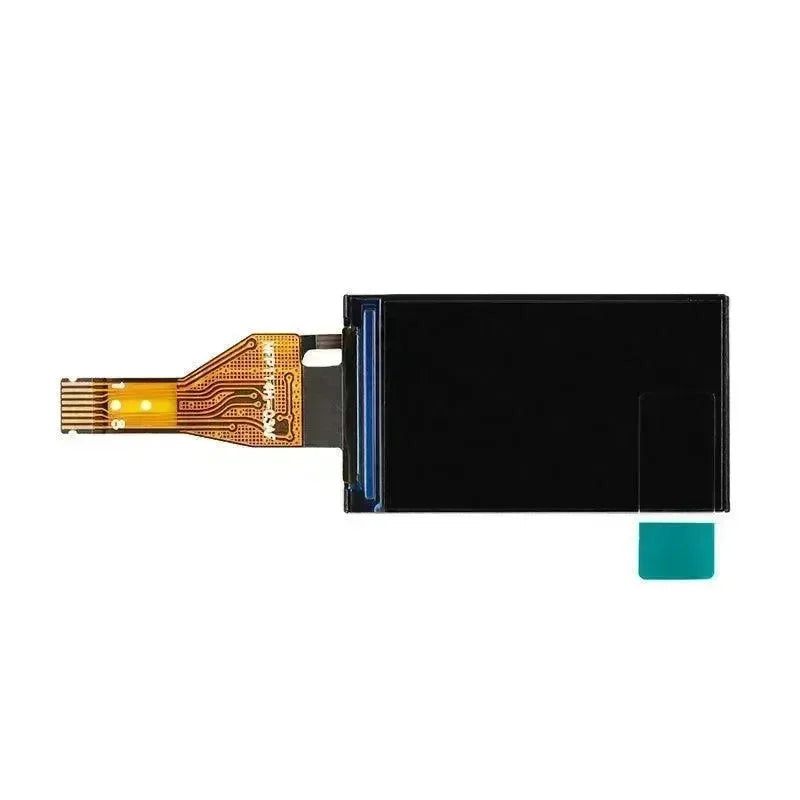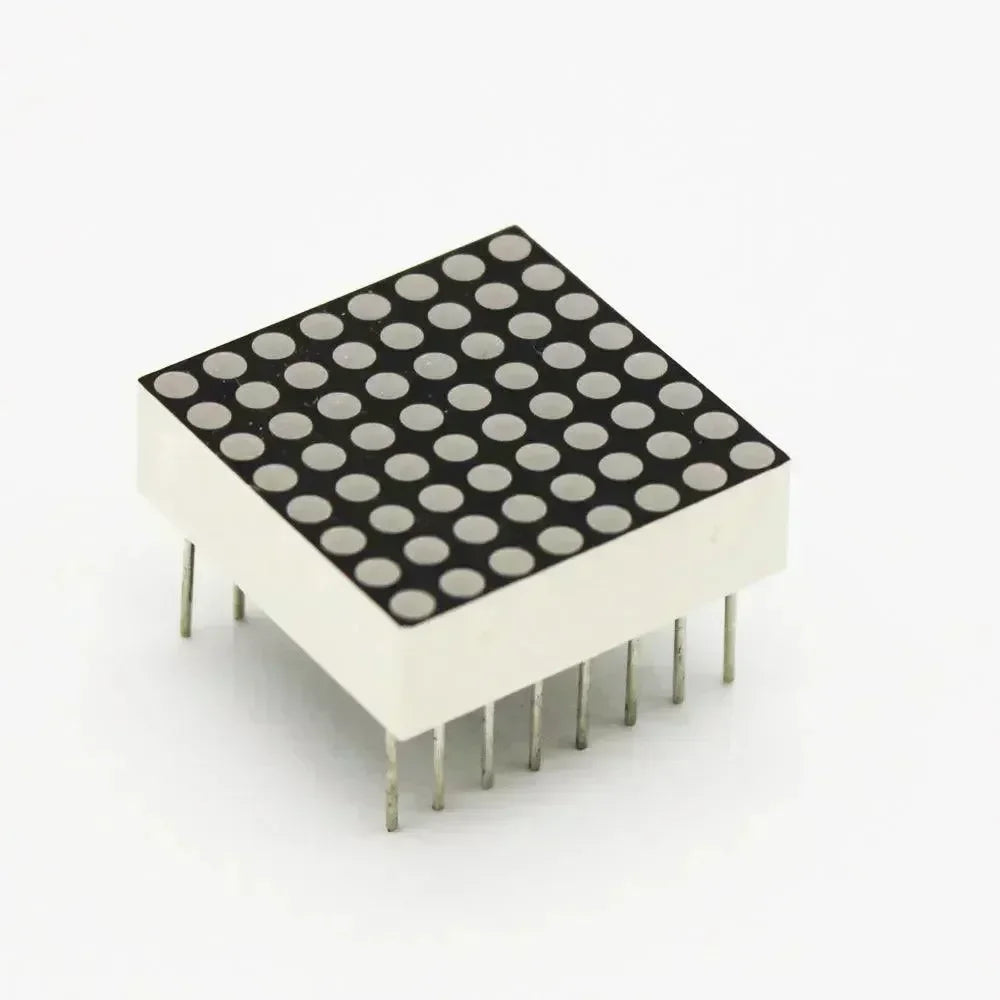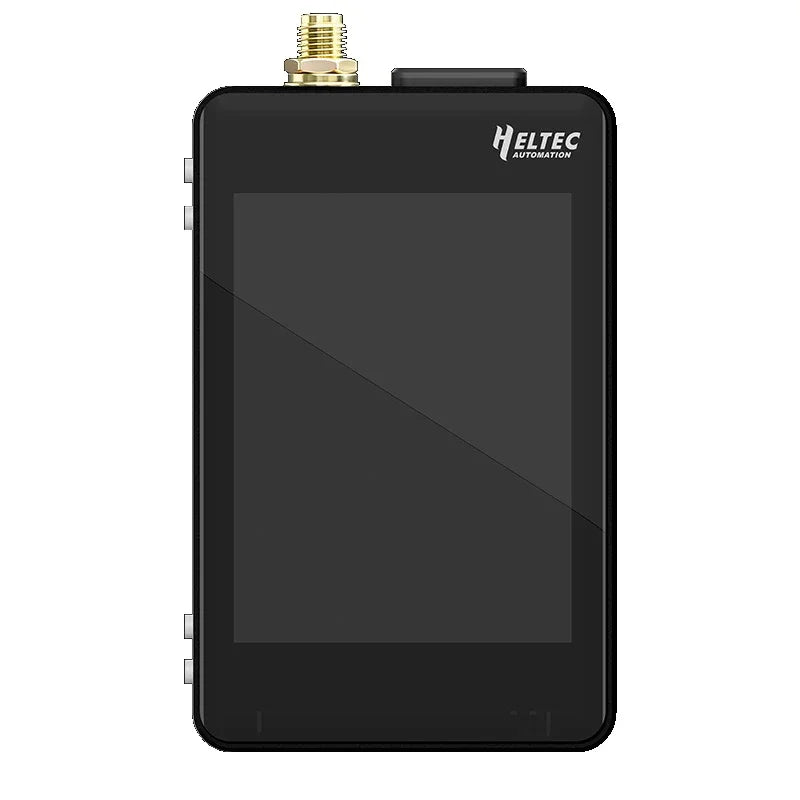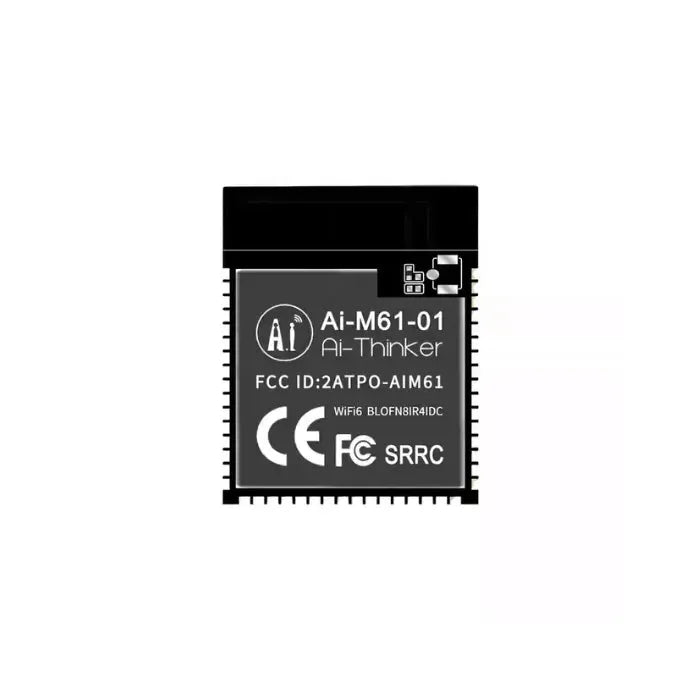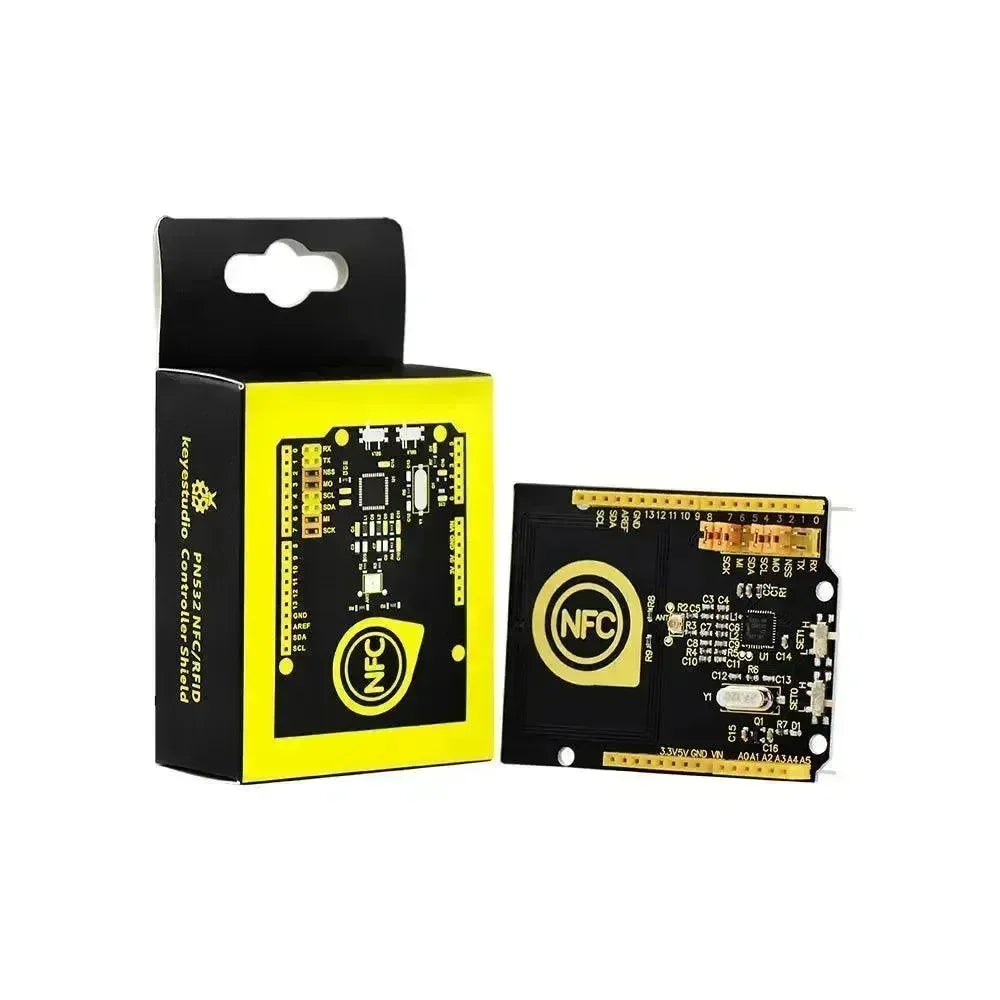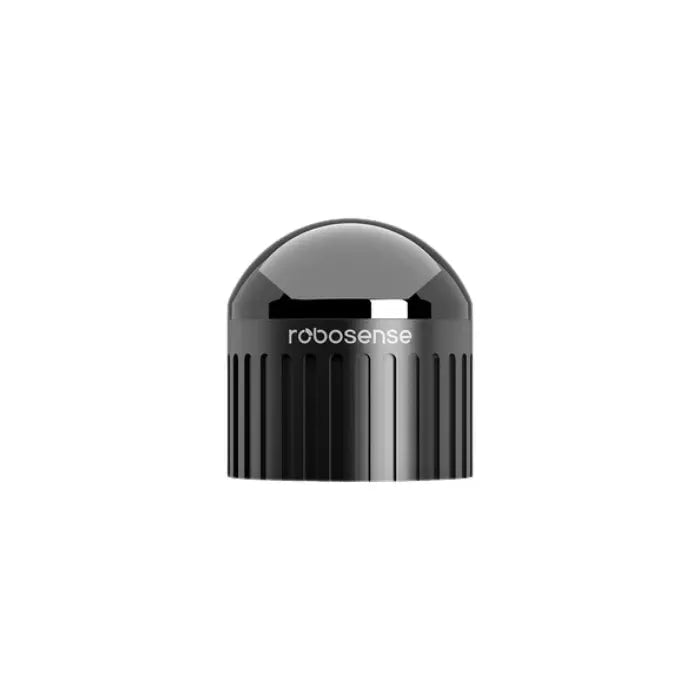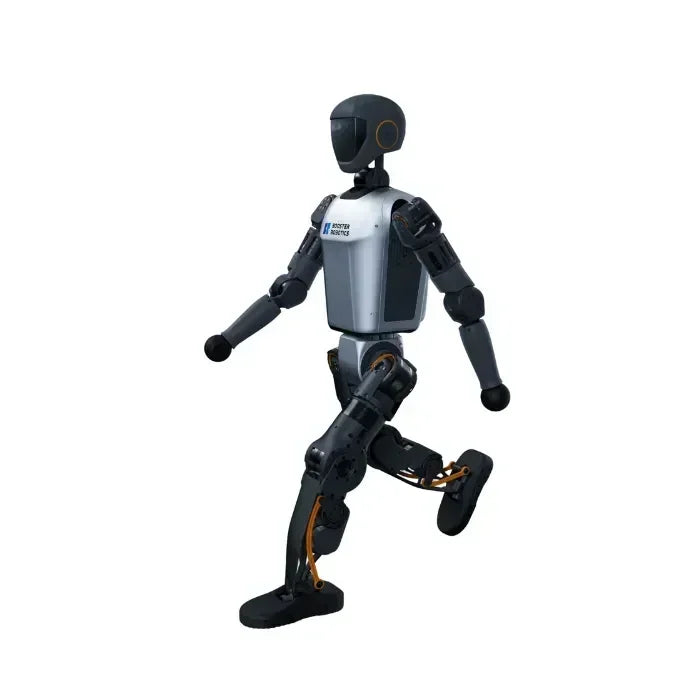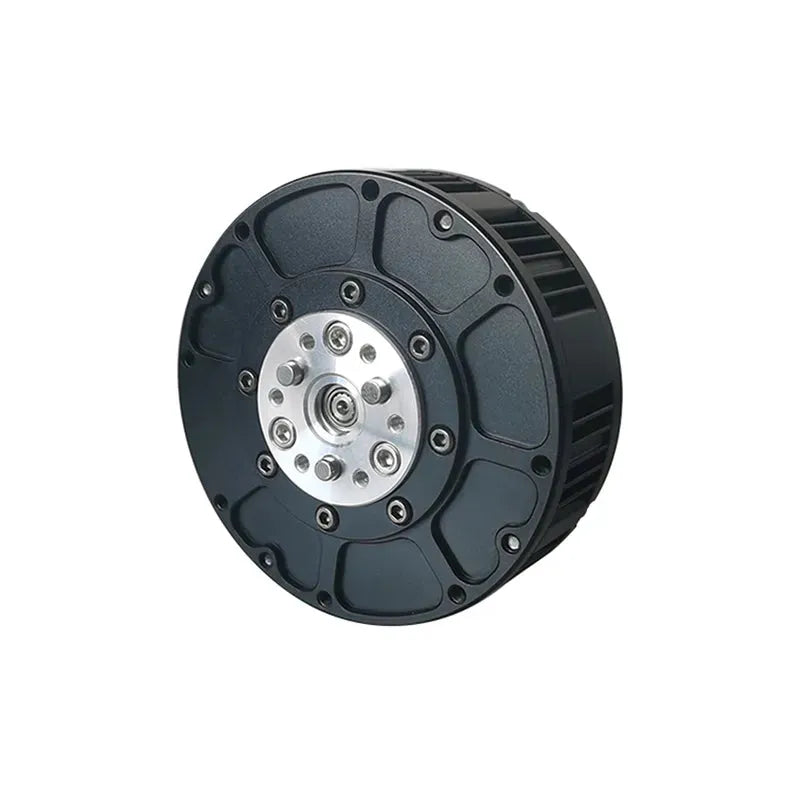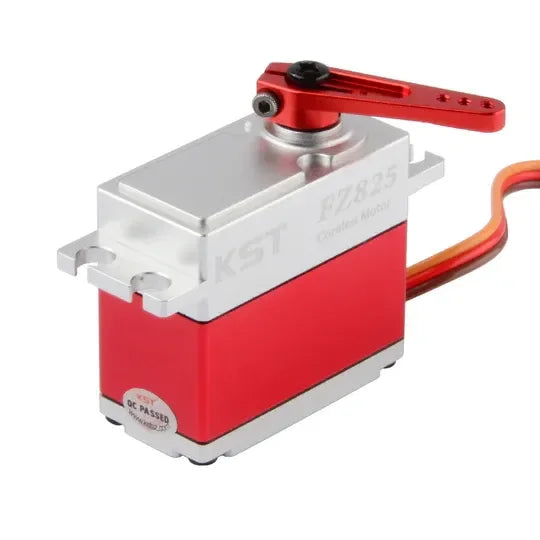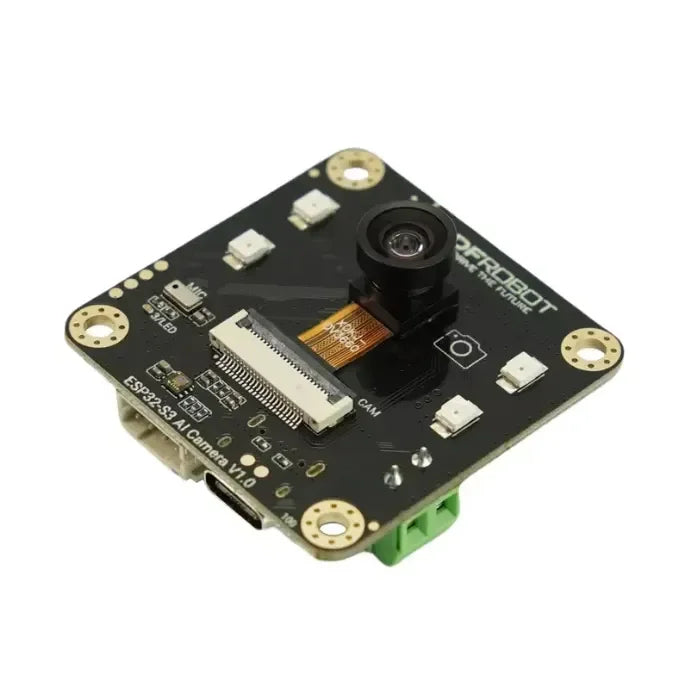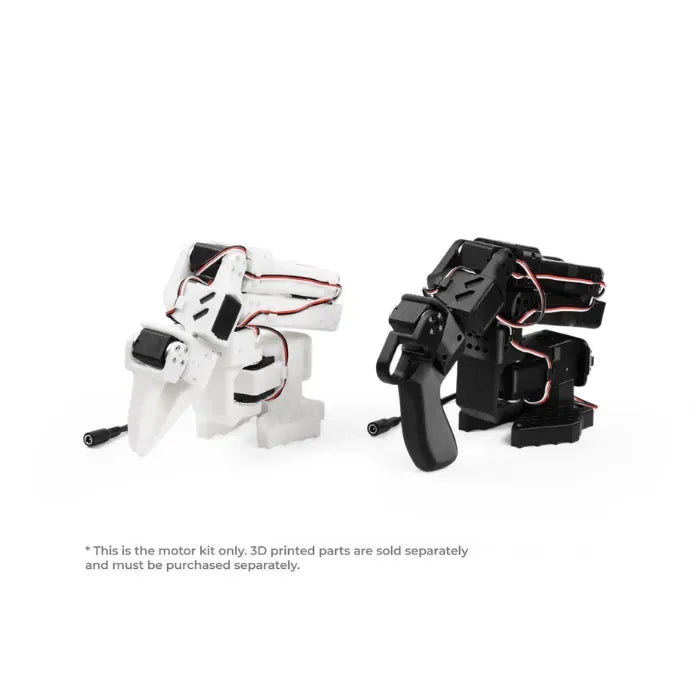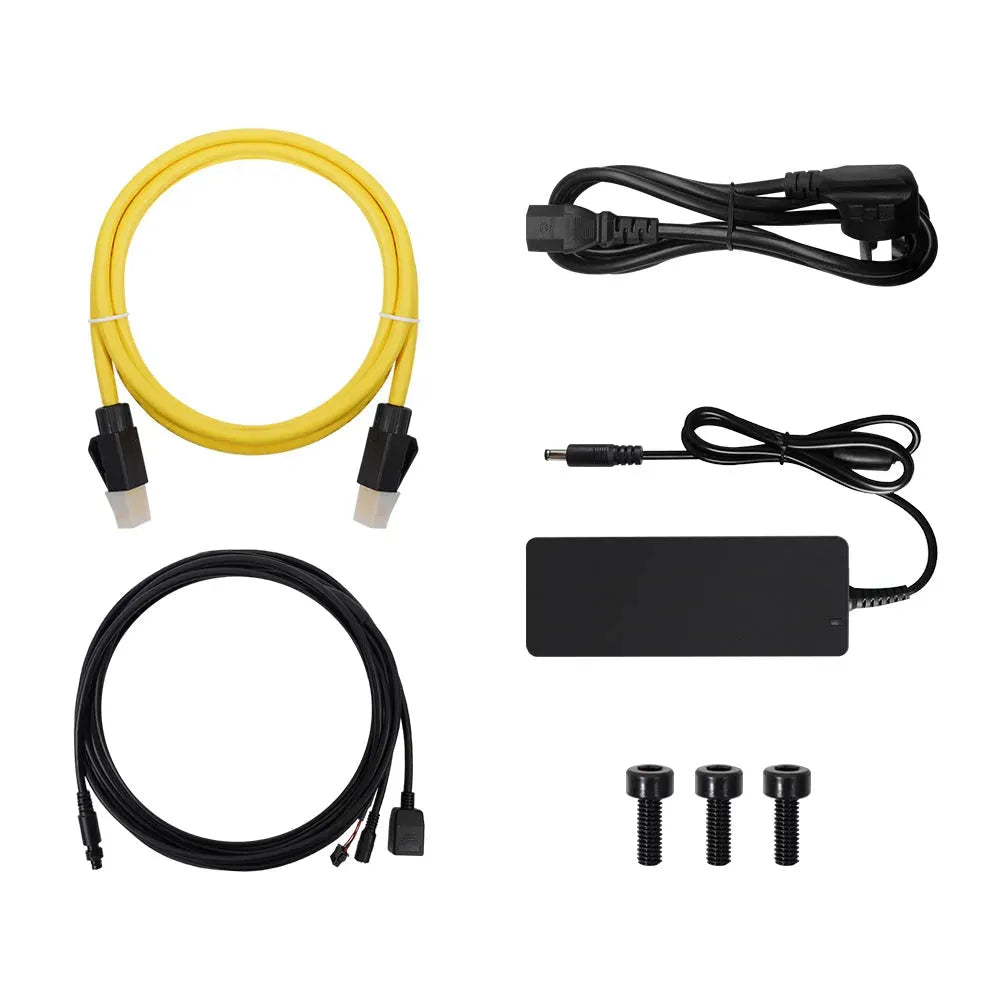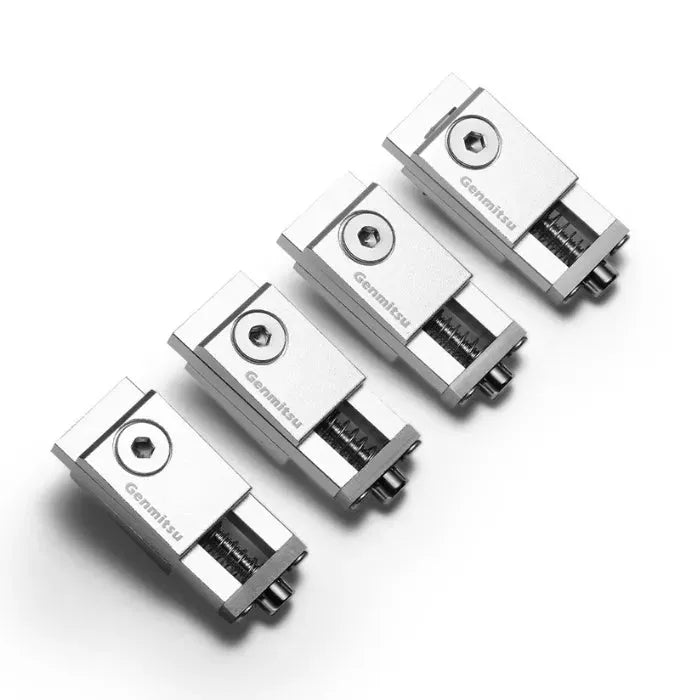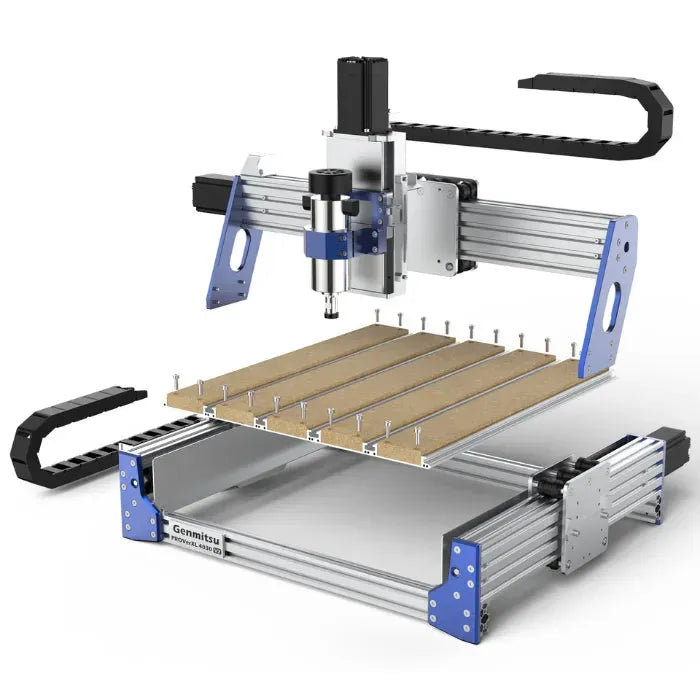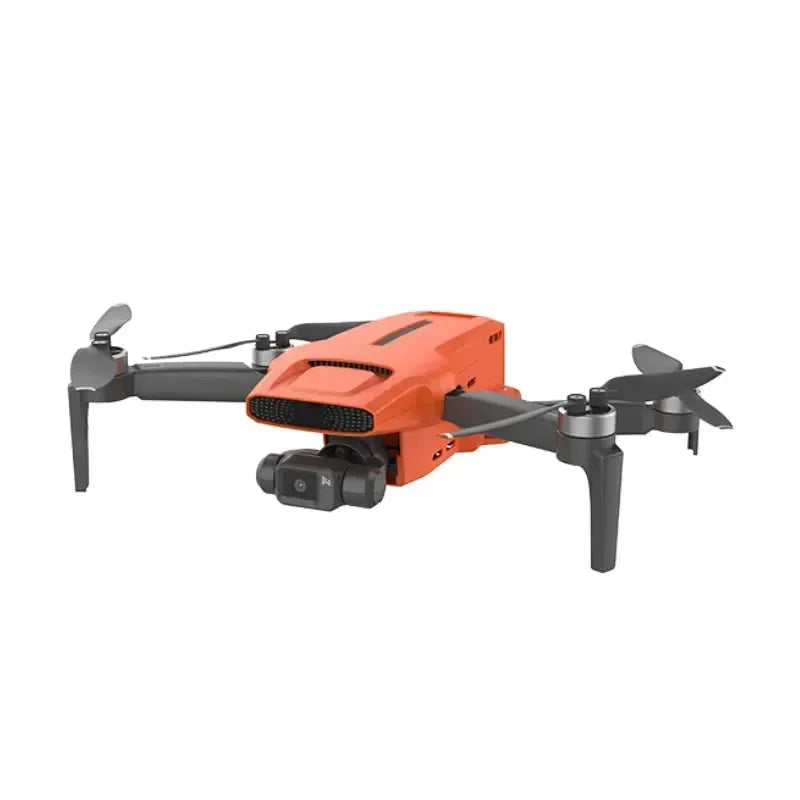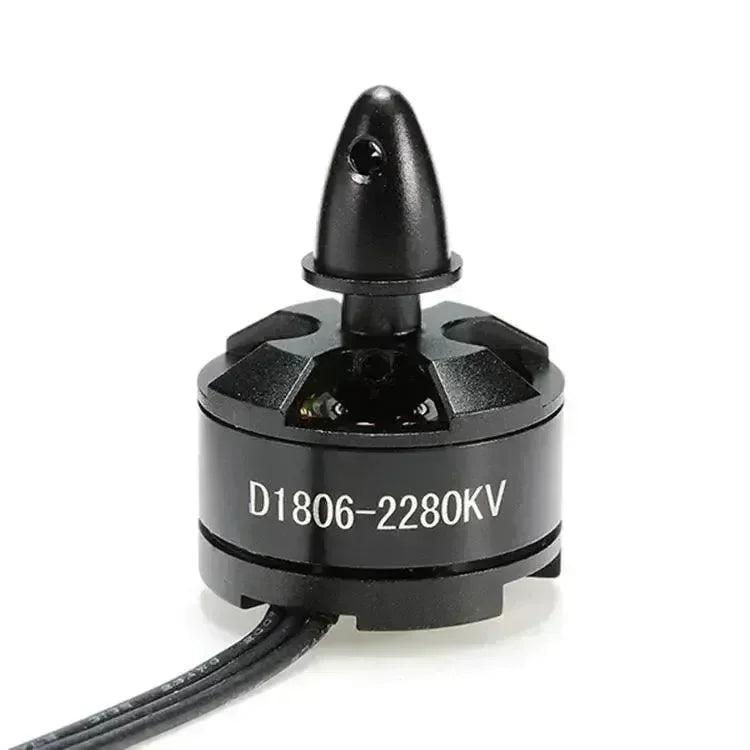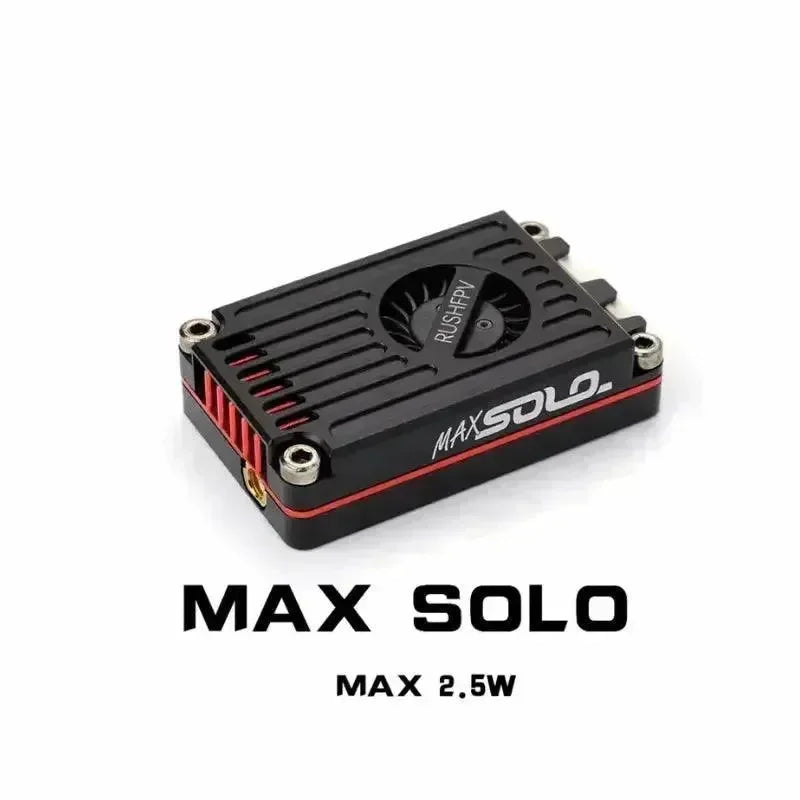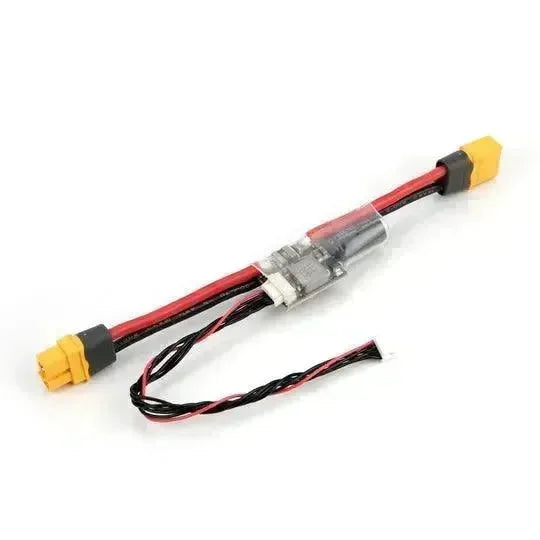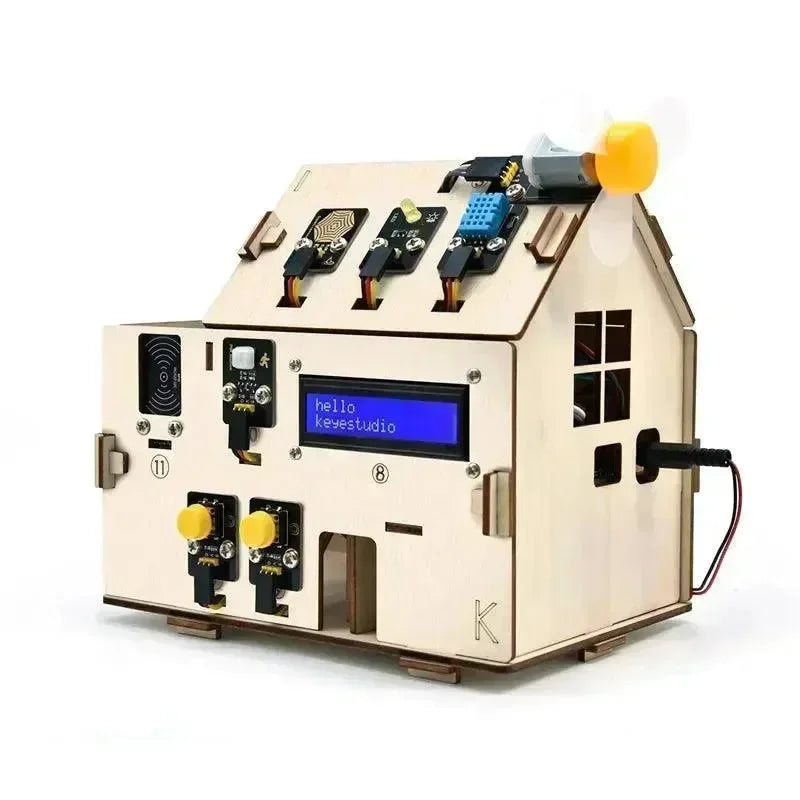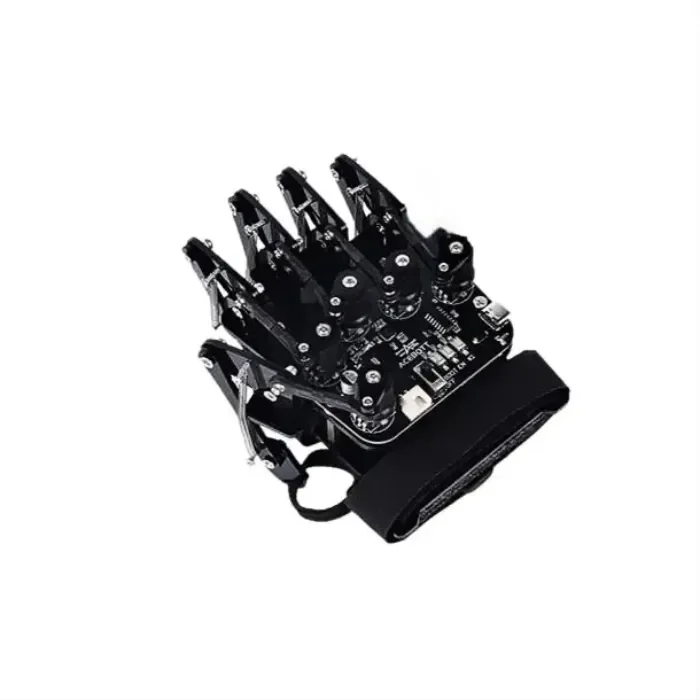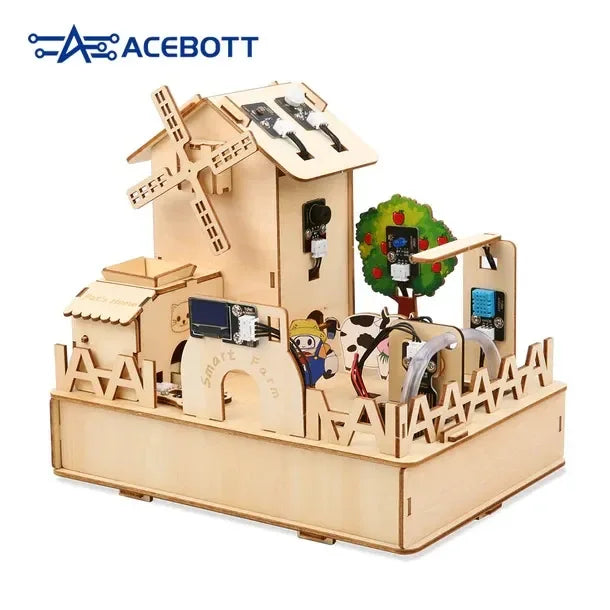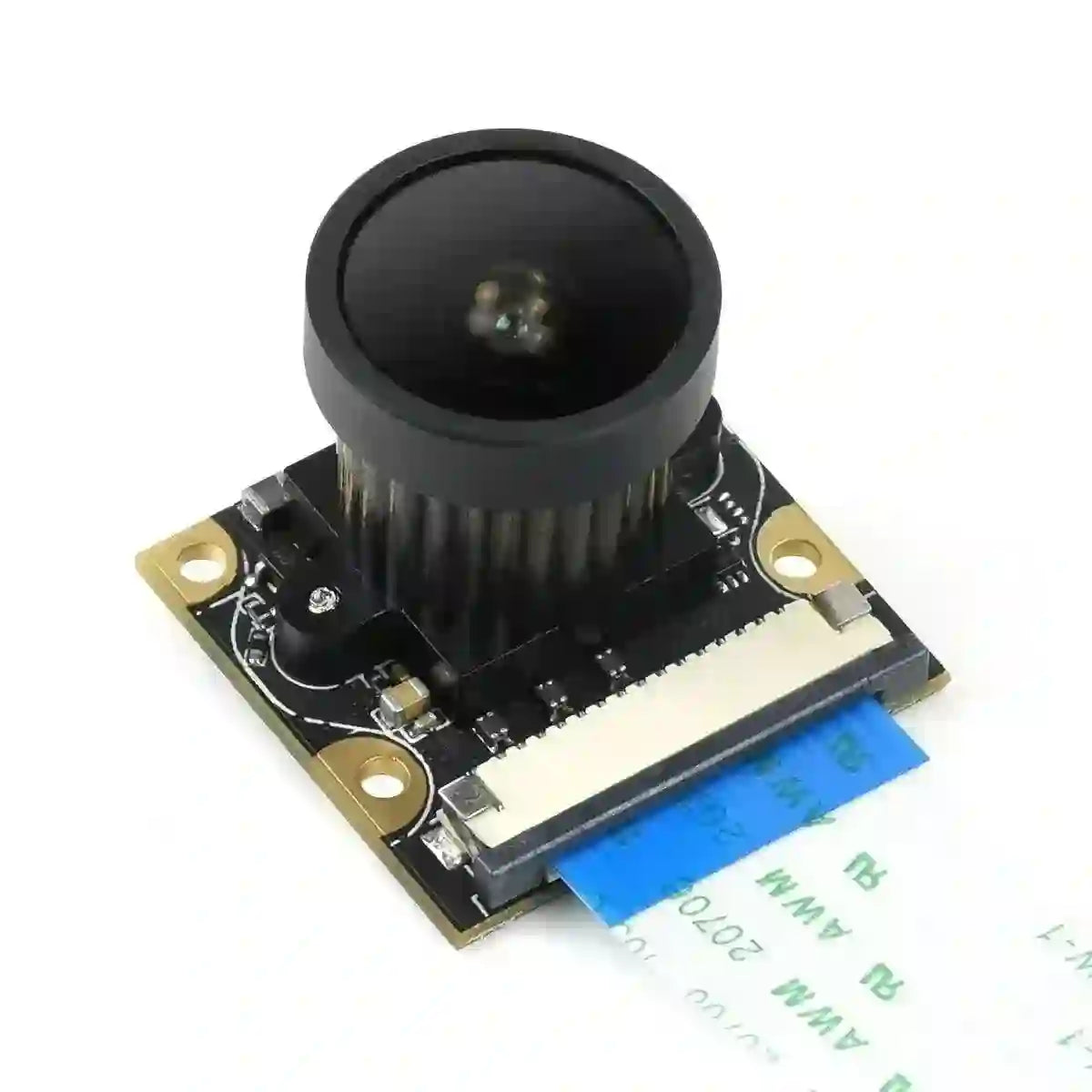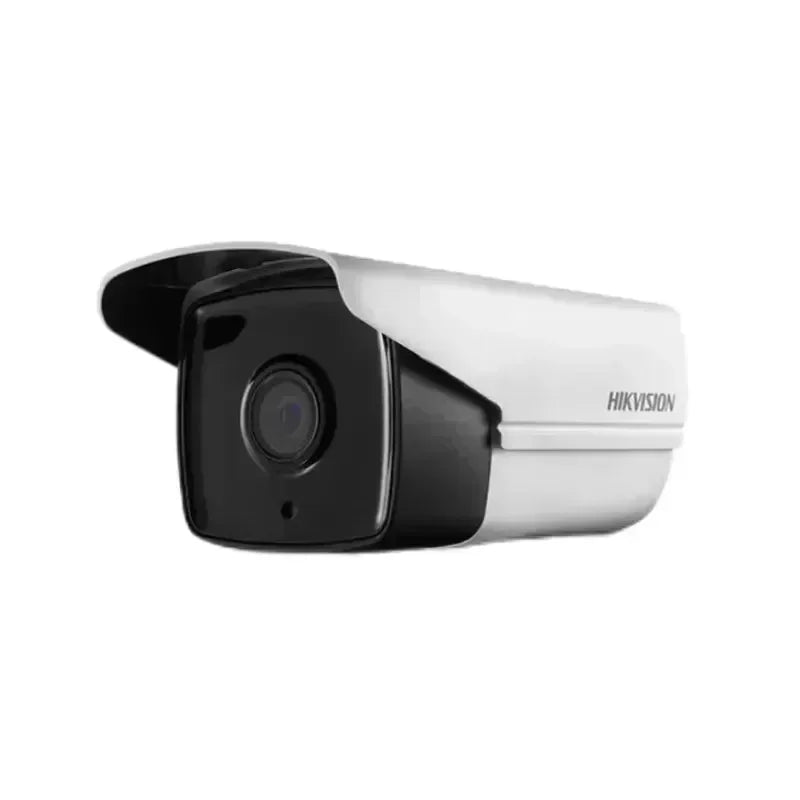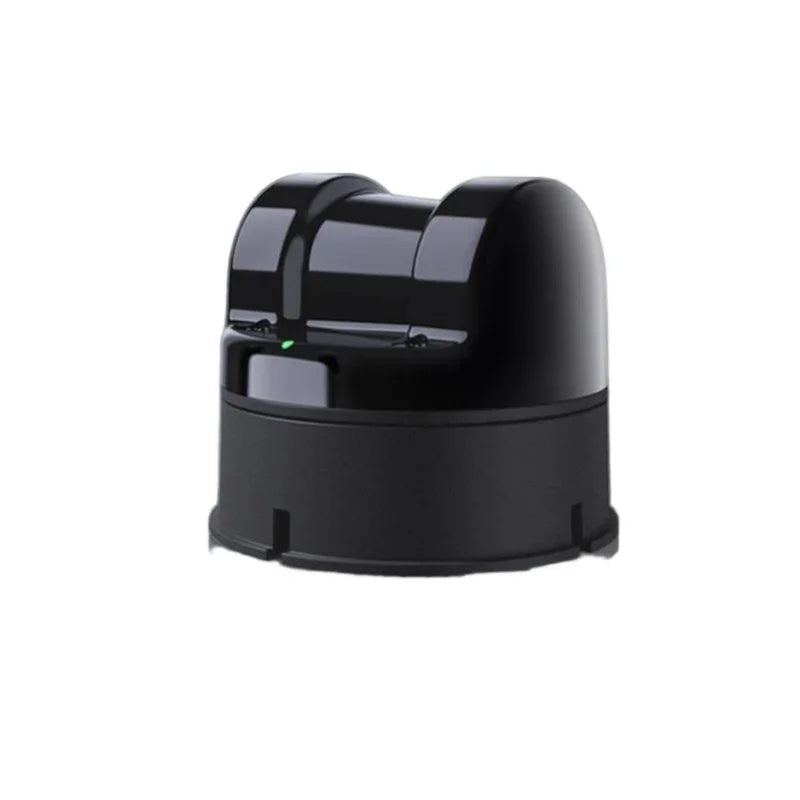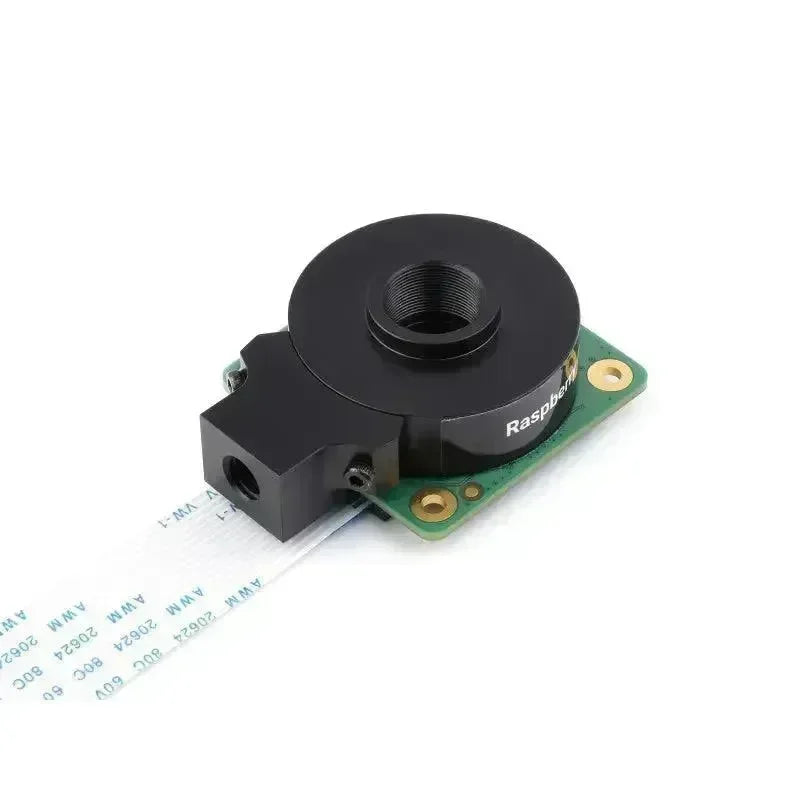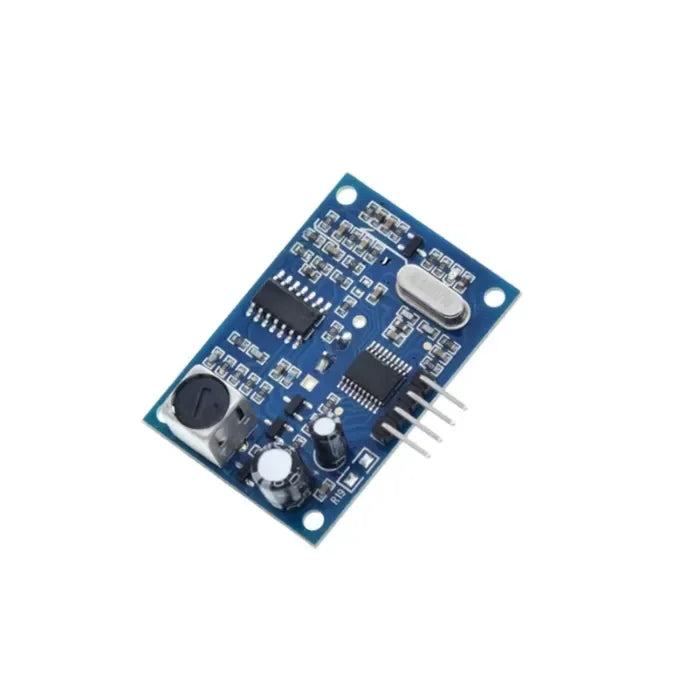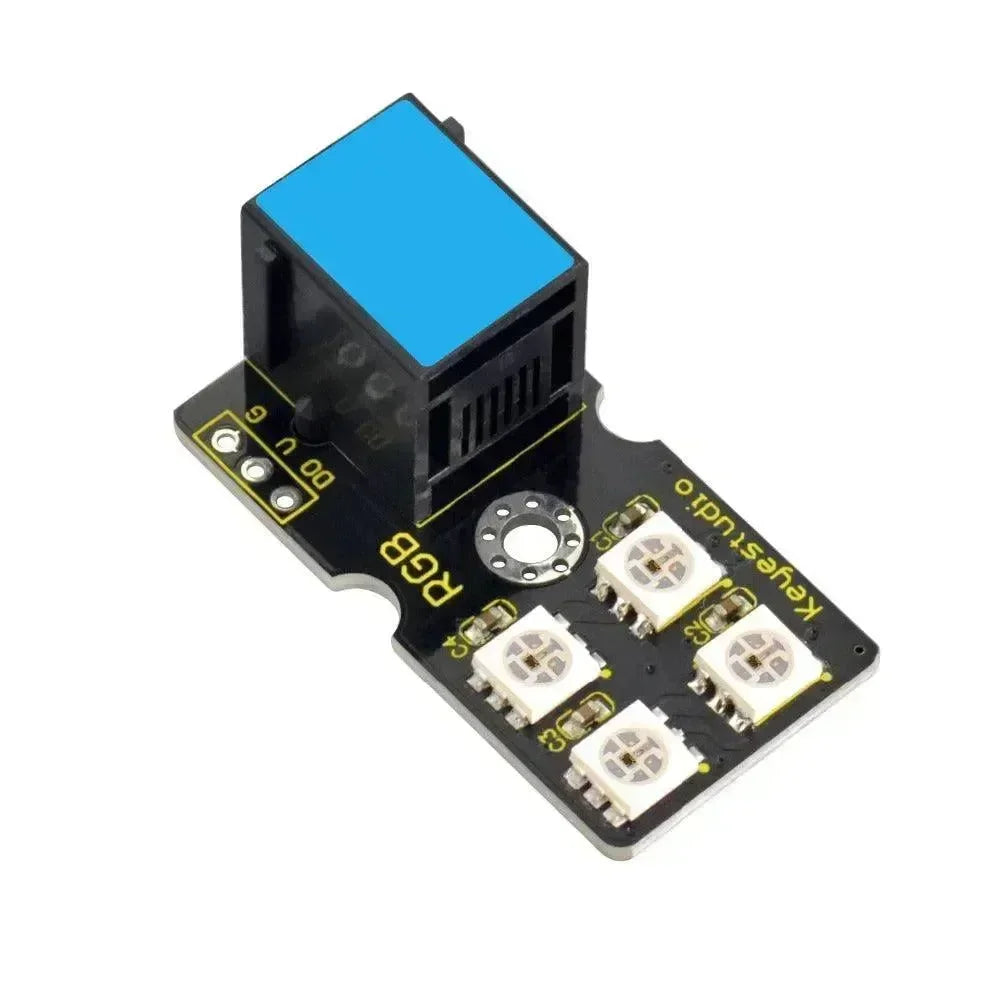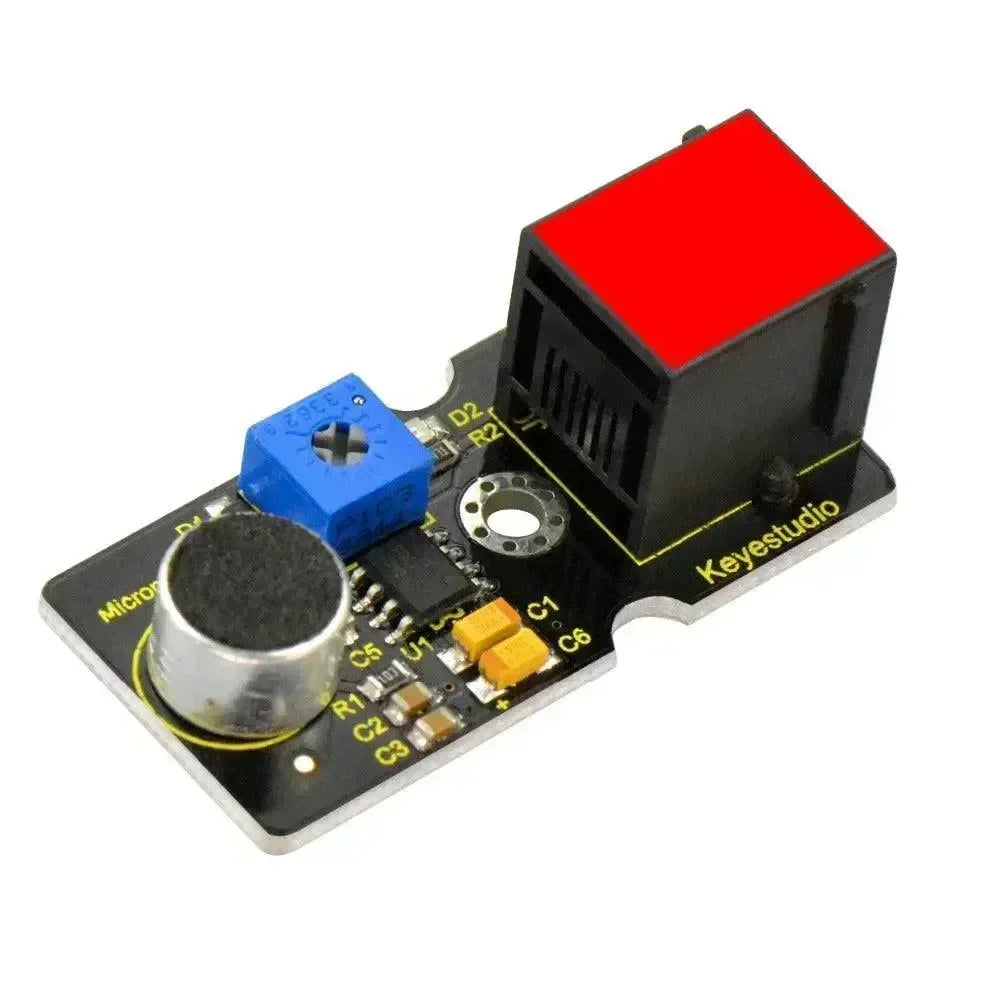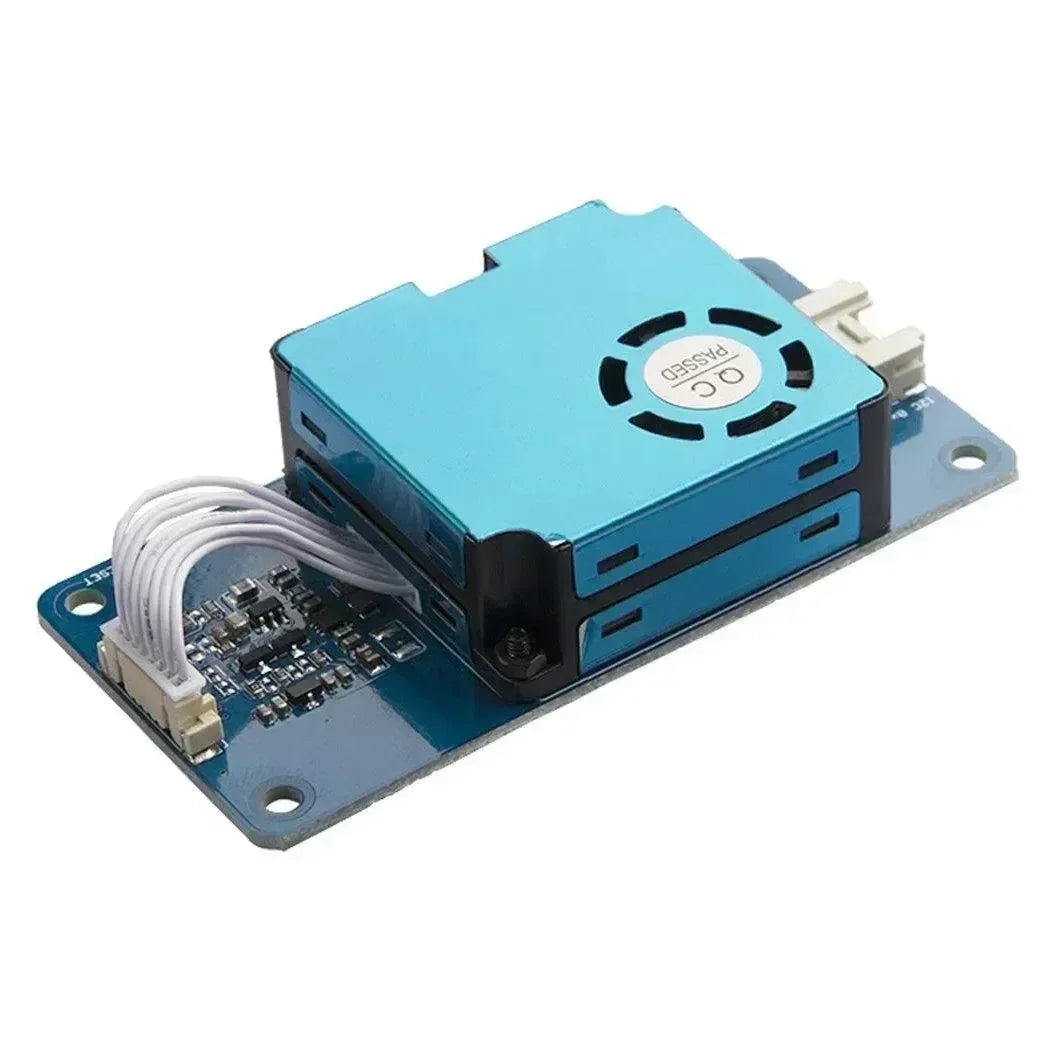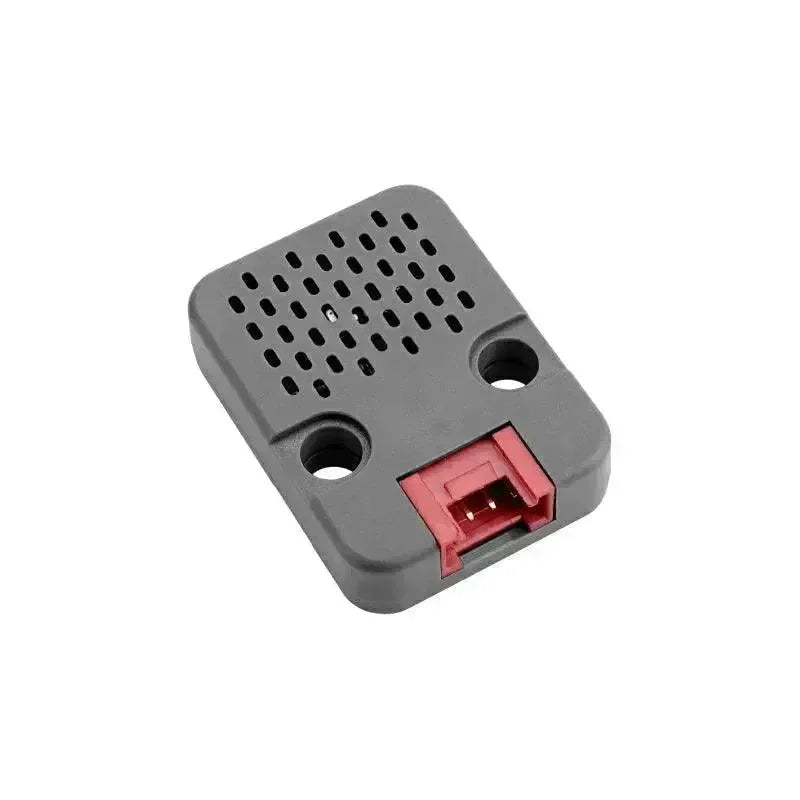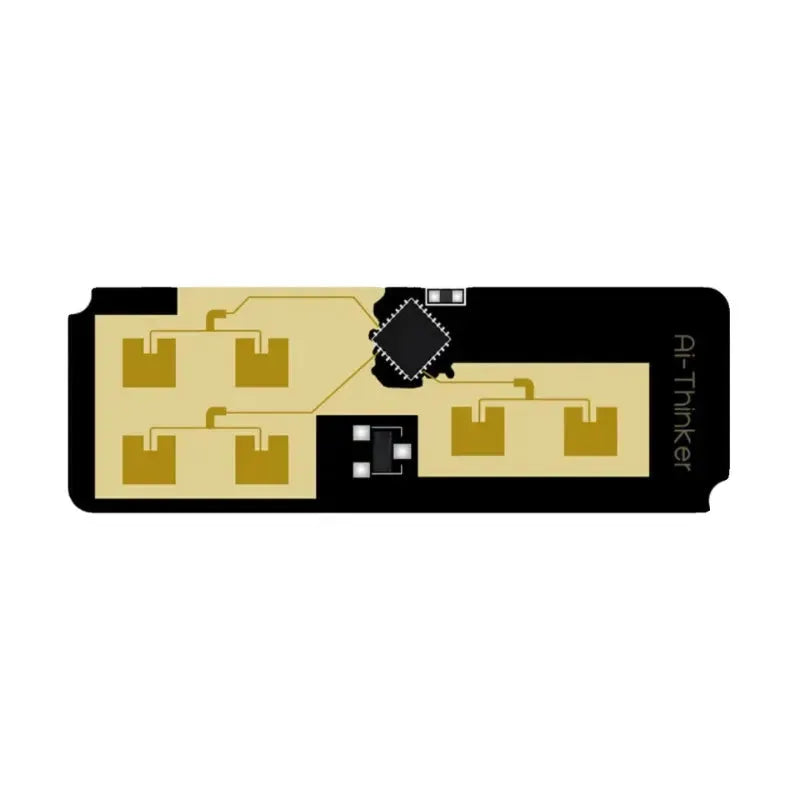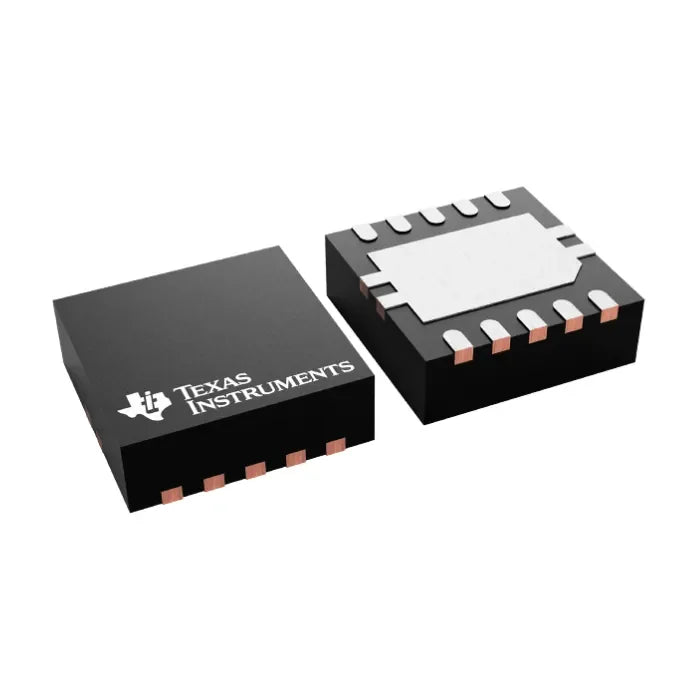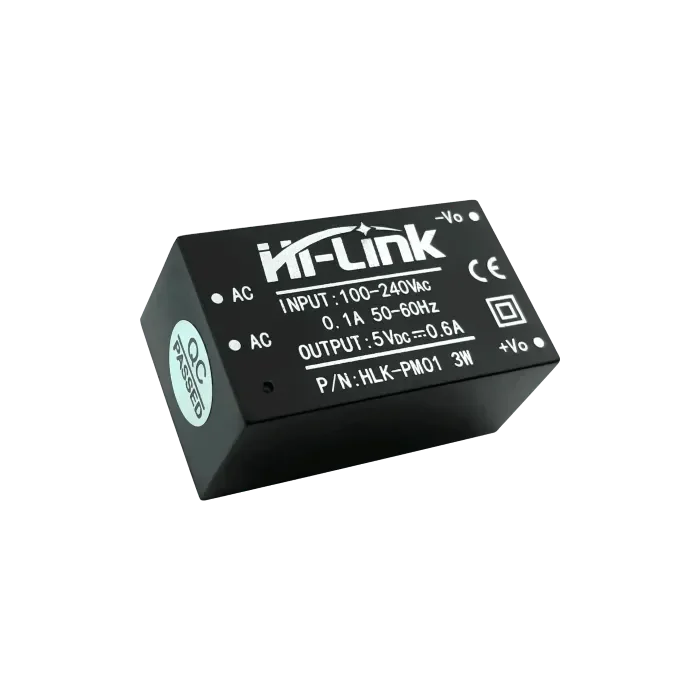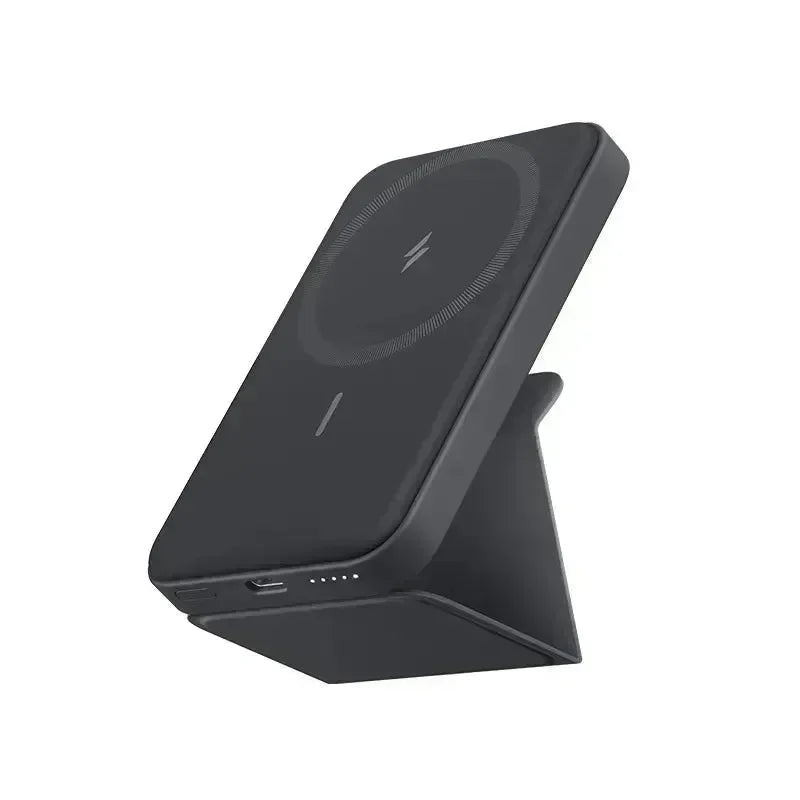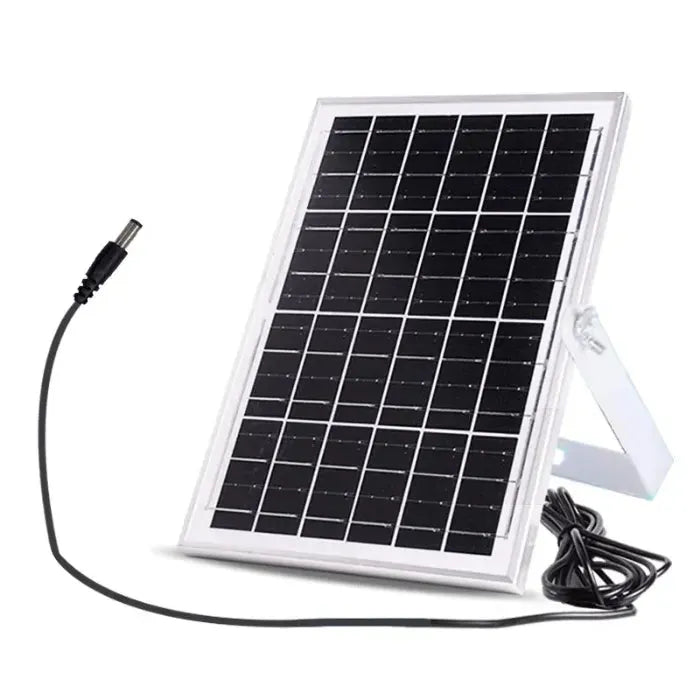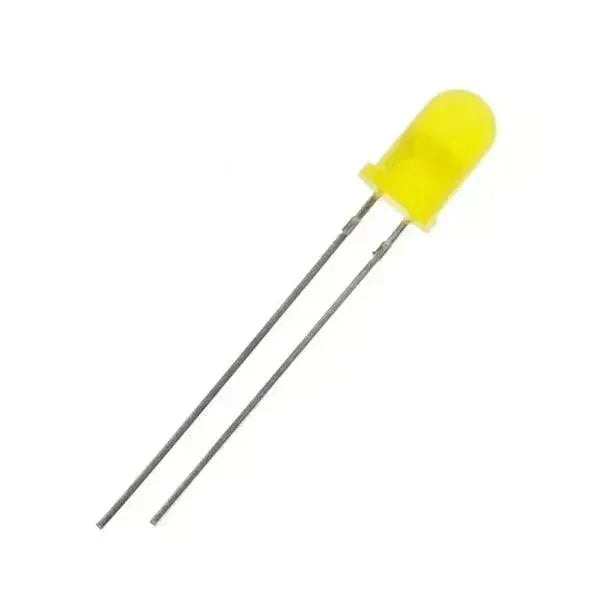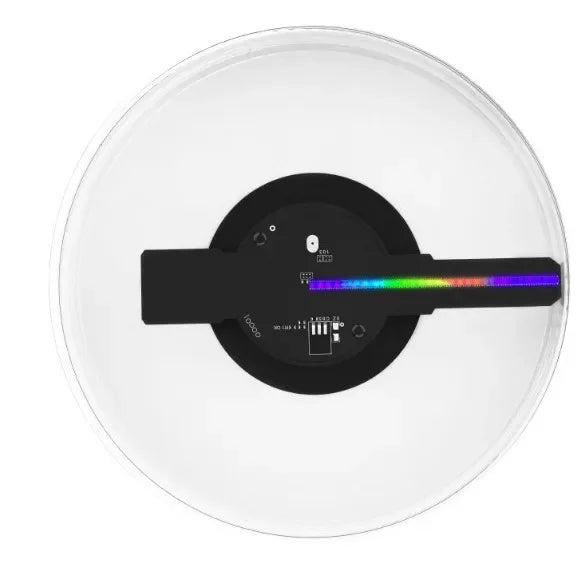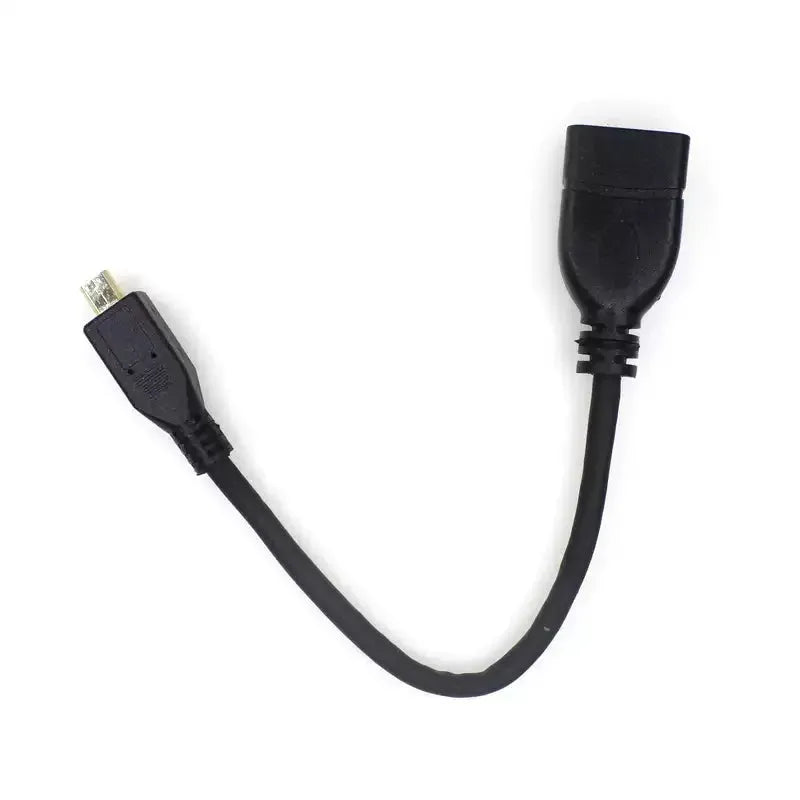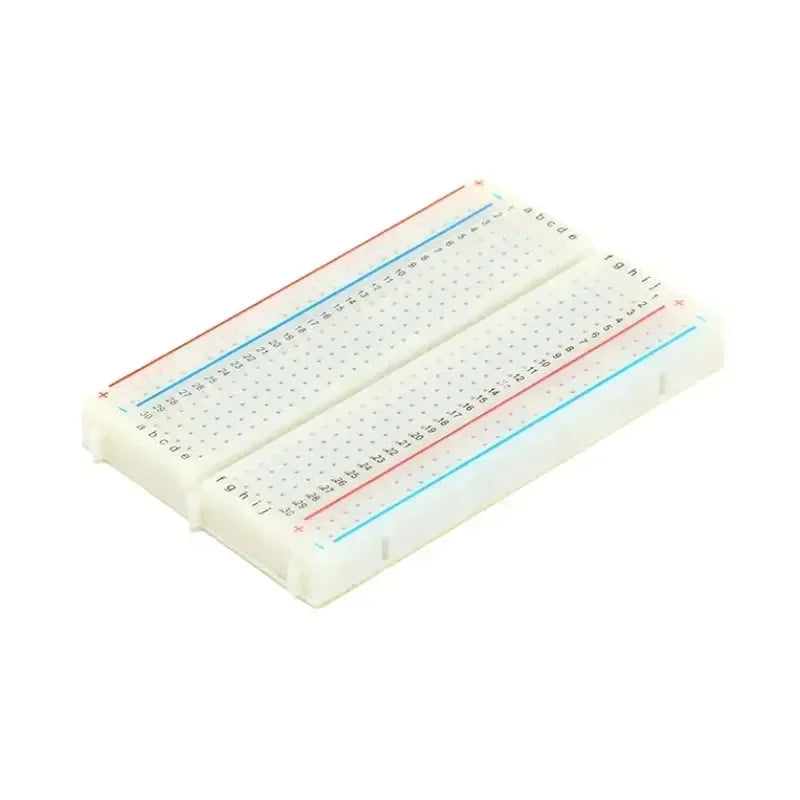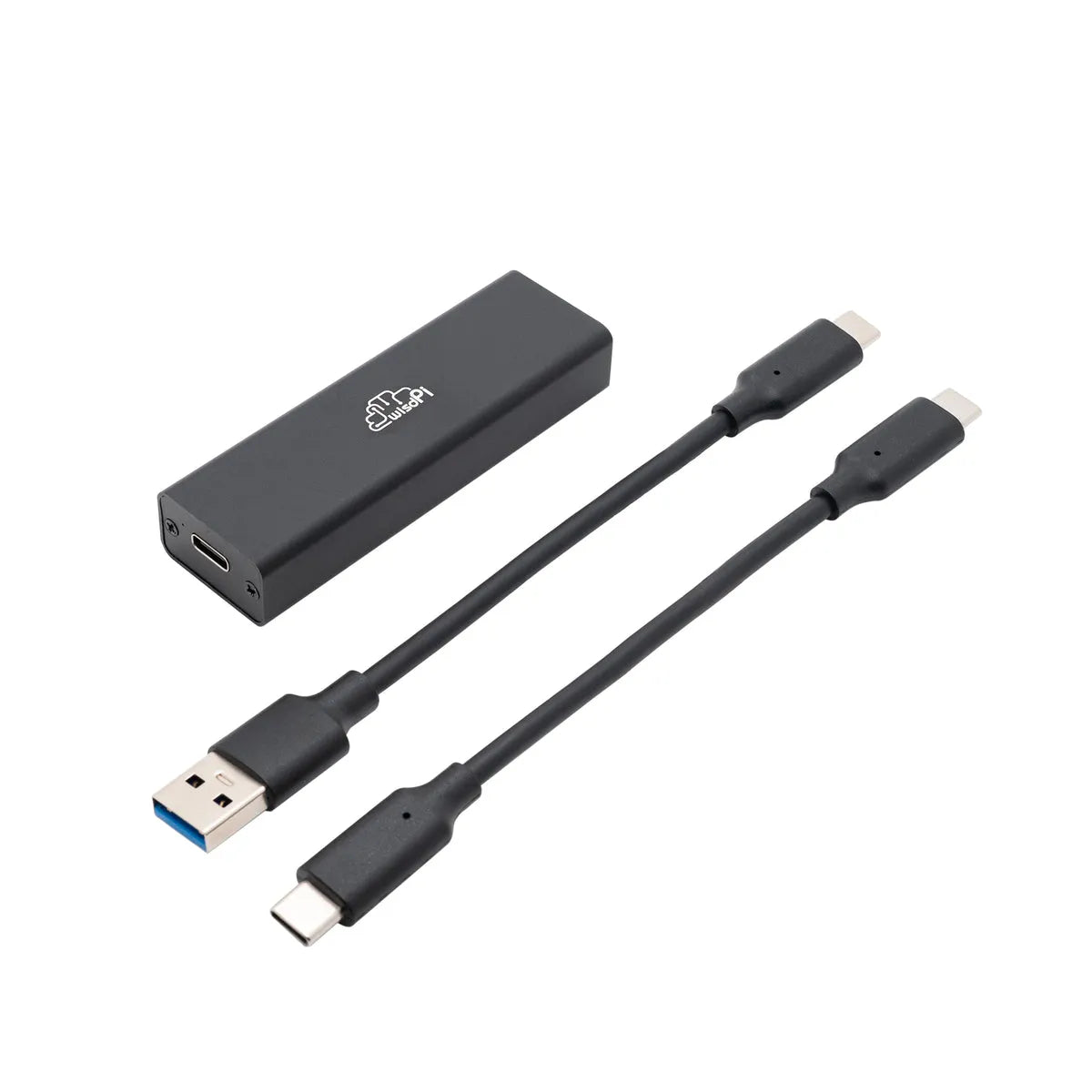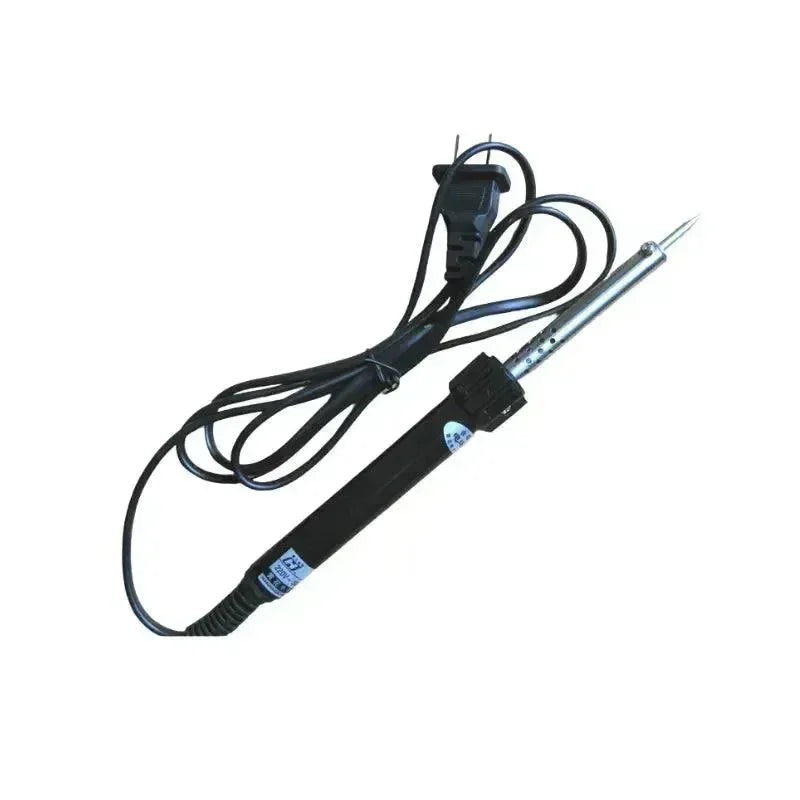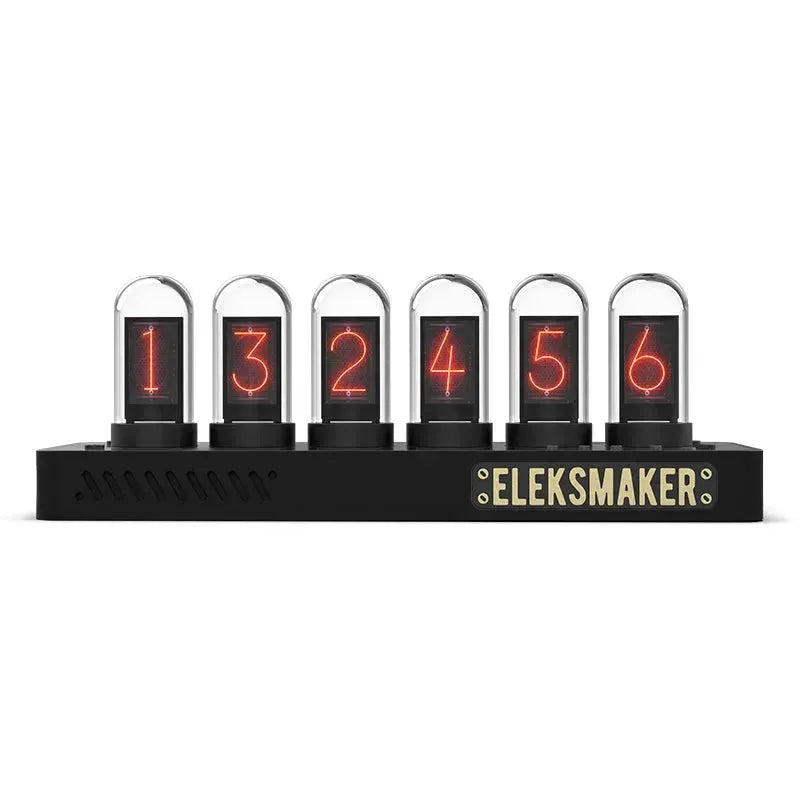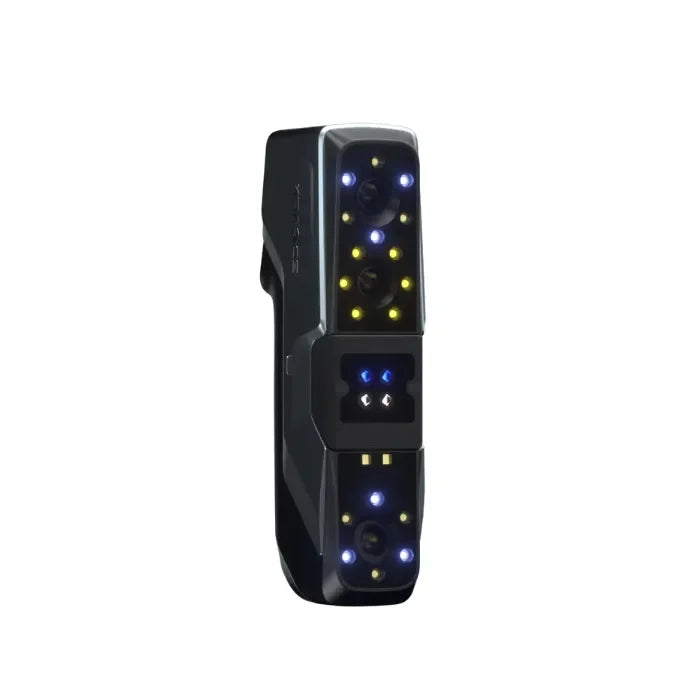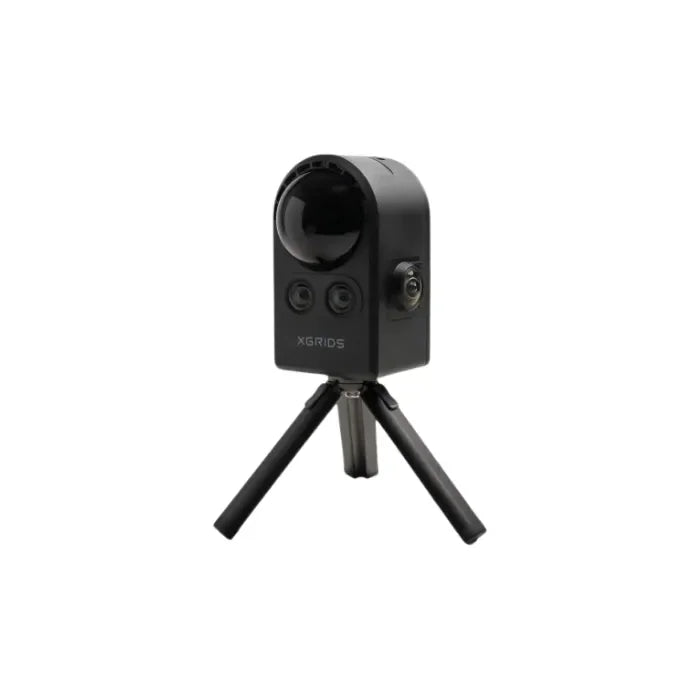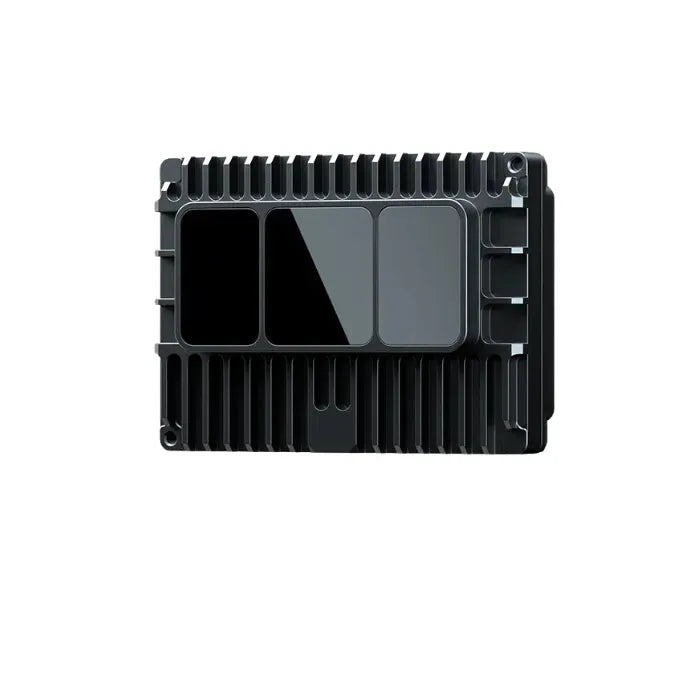Raspberry Pi Foundation
The Raspberry Pi is an affordable single-board computer developed by the Raspberry Pi Foundation, a UK-based charity. The foundation's mission is to make computer science education more accessible and to inspire more people to engage with computing.
In 2009, key figures from the University of Cambridge's Computer Laboratory formed the Raspberry Pi Foundation, with Eben Upton playing a significant role in the development and launch of the Raspberry Pi. Since its debut in 2012, the Raspberry Pi has become widely popular in various fields such as education, home automation, and industrial projects.
The foundation aims to provide high-performance, low-cost computing platforms for education, enthusiasts, and professionals around the world. The versatility of Raspberry Pi has led to its use in countless projects, from teaching coding in schools to powering advanced IoT systems.

Experience AI with Raspberry Pi
Unit overview
Learning graph
AI glossary of terms
More Detail by Raspberry Pi AI Lessons
Raspberry Pi Product Line
Raspberry Pi Models:
-
Raspberry Pi 5: The latest high-performance model.
-
Raspberry Pi 4 Model B: A powerful, versatile single-board computer.
-
Raspberry Pi 3 Series: Including Model B+, Model B, and Model A+.
-
Raspberry Pi Zero Series: Compact and cost-effective models like Zero W and Zero 2 W.
Raspberry Pi Pico Series:
-
Raspberry Pi Pico: A microcontroller board based on the RP2040 chip.
-
Raspberry Pi Pico W: Adds wireless connectivity to the Pico.
-
Raspberry Pi Pico 2: A microcontroller board based on the RP2350 chip.
Raspberry Pi 400:
-
A complete personal computer built into a compact keyboard.
Compute Module Series:
-
Compute Module 4: Designed for industrial and embedded applications.
-
Compute Module 3+: Previous generation for similar applications.
Cameras and Displays:
-
Raspberry Pi Camera Modules: Including the Camera Module 3 and Global Shutter Camera.
-
Raspberry Pi Displays: Touchscreen displays for various projects.
What These Products Can Do
Raspberry Pi 5 and Raspberry Pi 4 Model B
-
General Computing: These models are powerful enough to be used as desktop computers for everyday tasks like web browsing, document editing, and media playback.
-
Programming and Development: Ideal for learning programming languages such as Python, Java, and C++. They support various development environments and tools.
-
Media Centers: Can be used to build media centers using software like Kodi, allowing you to stream and play media files.
-
IoT Projects: With their extensive GPIO pins and connectivity options, they are perfect for Internet of Things (IoT) projects, including home automation and smart devices.
-
Gaming: Capable of running retro gaming emulators and game servers.
Raspberry Pi 3 Series
-
Education: Widely used in schools and educational institutions for teaching computer science and electronics.
-
Basic IoT Projects: Suitable for simpler IoT applications and home automation projects.
-
Media Playback: Can be used for basic media playback and streaming.
Raspberry Pi Zero Series
-
Compact Projects: Due to their small size, they are ideal for projects where space is limited, such as wearable tech and portable devices.
-
Cost-Effective Solutions: Great for budget-conscious projects that require basic computing power.
-
Embedded Systems: Often used in embedded systems and custom hardware projects.
Raspberry Pi Pico Series
-
Microcontroller Projects: Perfect for projects that require precise control over hardware, such as robotics, sensors, and custom electronics.
-
Low-Power Applications: Suitable for battery-powered projects due to their low power consumption.
-
Prototyping: Excellent for prototyping new hardware designs and experimenting with electronics.
Raspberry Pi 400
-
All-in-One Computing: Combines a keyboard and a Raspberry Pi into a single unit, making it a convenient all-in-one computer for general use.
-
Education and Learning: Ideal for educational environments where a compact, easy-to-use computer is needed.
-
Portable Workstations: Can be used as a portable workstation for coding, writing, and other tasks.
Compute Module Series
-
Industrial Applications: Designed for industrial and embedded applications where a custom form factor and extended IO capabilities are required.
-
Custom Hardware: Used in custom hardware designs, such as digital signage, industrial control systems, and medical devices.
-
Scalability: Allows for scalable solutions in commercial products, providing the flexibility to design custom boards around the Compute Module.
Cameras and Displays
-
Vision Projects: Raspberry Pi Camera Modules are used in projects that require image and video capture, such as security systems, time-lapse photography, and computer vision.
-
Interactive Displays: Raspberry Pi Displays are used to create interactive kiosks, touchscreens, and other display-based projects.
 openelab.de
openelab.de
 openelab.com
openelab.com



